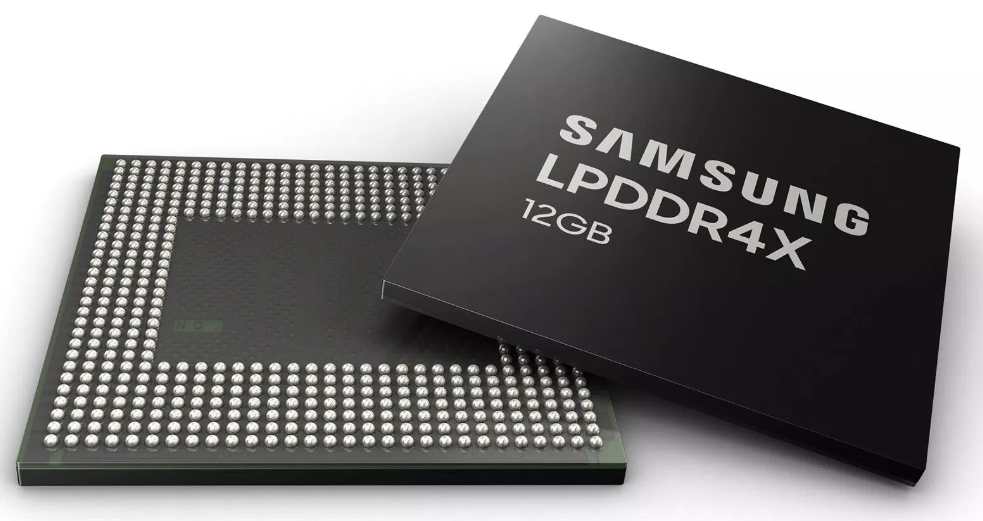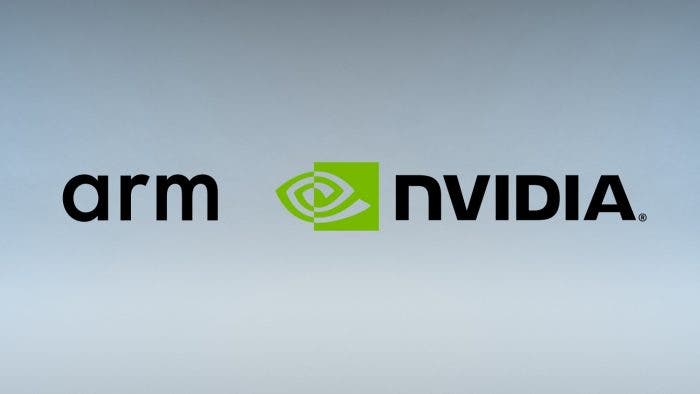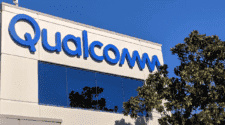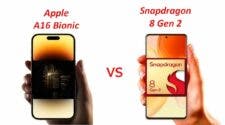US chip maker Qualcomm has expressed its opposition to a possible acquisition of Arm by Nvidia, which said last September that it was willing to pay $40 billion in the deal.
Nvidia’s purchase of Arm must be approved by regulators around the world to close the deal. Qualcomm has filed protests to the Federal Trade Commission (FTC), the European Commission (EC), the UK Competition and Markets Authority and the Chinese State Market Regulatory Administration. Sources say the FTC has asked Nvidia, SoftBank and Arm for more information.
Qualcomm believes that if it buys Arm, Nvidia will not allow other chipmakers to use Arm’s intellectual property. This could pose a problem for the 500+ companies that license Arm technology to manufacture their own chips. ARM architecture is used in 95% of smartphones in the world and 95% of chips designed in China. Qualcomm is concerned that Nvidia will be able to cross some boundaries after the acquisition.

Several industry sources and two technology investors have said that there is a high probability that the deal will be blocked by at least one of the regulators. On the other hand, Nvidia said it is confident that the deal will be approved by regulators.
In addition to Qualcomm, UK-based artificial intelligence chip maker Graphcore has also filed a complaint with the UK Competition and Markets Authority about the upcoming deal. The company’s CEO, Nigel Toon, told CNBC in December that he considered the deal anti-competitive.
Google and Microsoft are also opposed to the acquisition.
Top 10 chip buyers – Apple leads, Huawei plunge, Xiaomi surge
A recent report from market research firm, Gartner, reveals the top 10 chip buyers in 2020. After returning to the number one position in 2019, Apple continued to maintain its lead, and its market share is now at 11.9%, further widening the gap with Samsung Electronics. However, Samsung is still in second place with a market share of 8.1%. In third place is Chinese manufacturer, Huawei with a market share of 4.1% while Chinese company, Lenovo is fourth with a market share of 4.1%.

After Lenovo, we have Dell and BBK Electronics (OnePlus, Oppo, Vivo, Realme, and iQOO brands) in fifth and sixth place respectively. These brands have a market share of 3.7% and 3.0% respectively. In the seventh position is an American company, HP with a 2.4% market share while popular Chinese manufacturer, Xiaomi, is in the eighth position with a 2.0% market share. Hon Hai (aka Foxconn) and Hewlett Packard Enterprise occupy ninth and tenth positions with market shares of 1.3% and 1.2% respectively.
In total, the manufacturers spent $449.8 billion on chips. This is a 7.3% increase from the $419.1 billion spent on the components in 2019. The top ten Original Equipment Manufacturers (OEM) increased their expenditure by about 10%. They collectively account for 42% of the total market, higher than 40.9% in 2019. The top ten chip buyers in 2020 remain the same as 2019.
Preliminary Ranking of Top 10 chip buyers
| 2020 Rank | 2019
Rank |
Company | 2020 Revenue |
2020 Market Share (%) | 2019 Revenue | 2019-2020 Growth (%) |
| 1 | 1 | Apple | 53,616 | 11.9 | 43,239 | 24.0 |
| 2 | 2 | Samsung Electronics | 36,416 | 8.1 | 30,247 | 20.4 |
| 3 | 3 | Huawei | 19,086 | 4.2 | 24,933 | -23.5 |
| 4 | 4 | Lenovo | 18,555 | 4.1 | 16,773 | 10.6 |
| 5 | 5 | Dell Technologies | 16,581 | 3.7 | 15,584 | 6.4 |
| 6 | 6 | BBK Electronics | 13,393 | 3.0 | 11,653 | 14.9 |
| 7 | 7 | HP Inc. | 10,992 | 2.4 | 10,729 | 2.4 |
| 8 | 8 | Xiaomi | 8,790 | 2.0 | 6,974 | 26.0 |
| 9 | 9 | Hon Hai Precision Industry | 5,730 | 1.3 | 5,816 | -1.5 |
| 10 | 10 | Hewlett Packard Enterprise | 5,570 | 1.2 | 5,561 | 0.2 |
| Others | 261,109 | 58.0 | 247,640 | 5.4 | ||
| Total | 449,838 | 100.0 | 419,148 | 7.3 |





